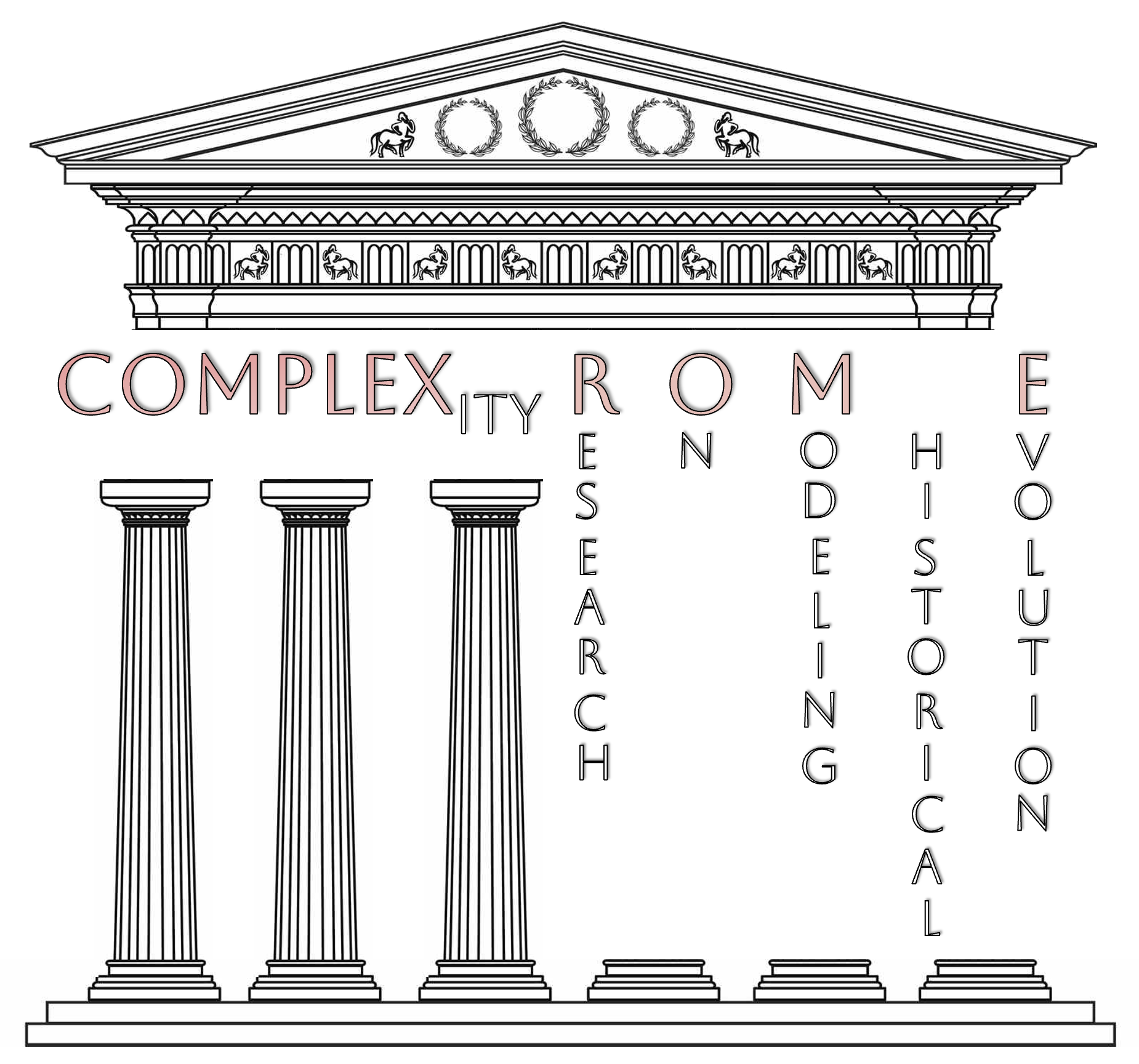
At the dawn of Western history, Thales argued that time was the wisest, as it revealed all things. The scientific revolution, however, taught us otherwise: understanding does not emerge merely by waiting and observing, nor by interpreting historical phenomena through qualitative models or narratives, as in the tradition of classical historiography. True comprehension requires quantitative and formal models of the surrounding reality. Such models enable us to reason about the underlying causes of events, assess their origins, and derive meaningful lessons.
This satellite aims to provide a meeting to complexity scientists working on historical domains, providing a single place to integrate advancements achieved by the community addressing these topics in recent years. Its objectives include identifying emerging challenges within this specific domain, and exploring how such applied research can contribute to the broader development of complexity science as a whole.
We welcome contributed talks on, but not limited to, the following topics:
June 25th, 2025: Abstract submission deadline
July 10th, 2025: Results for the abstract selection
July 20th, 2025: Early bird registration to CCS205
September 3th, 2025: COMPLEX ROME Satellite event
| Session | Talk | Time start | Time end |
|---|---|---|---|
| Introduction | 9:45 | 9:50 | |
| Keynote speaker | Peter Turchin, Complexity Science Hub-Vienna, University of Connecticut, School of Anthropology, University of Oxford | 9:50 | 10:20 |
| Lighting talks | Raphael Schlattmann, Technische Universität Berlin, Germany | 10:20 | 10:25 |
| Lighting talks | Jacob Billings, Universidad Politécnica di Madrid | 10:25 | 10:30 |
| Lighting talks | Tomáš Hampejs, Centre for the Digital Research of Religion, Masaryk University (Brno, CZ) | 10:30 | 10:35 |
| Break | 10:35 | 11:00 | |
| Historical simulation | Marek Vlach, Institute of Archaeology, Czech Academy of Sciences | 11:00 | 11:15 |
| Historical simulation | Christopher J. Watts, Affiliated researcher, University of Helsinki (FI) | 11:15 | 11:30 |
| Historical network | Carlo De Mitri | 11:30 | 11:45 |
| Historical network | Niclas Frederic Sturm, Nova IMS, Universidade Nova de Lisboa (PT) | 11:45 | 12:00 |
| Contemporary history | Dario Zarcone, Università degli Studi di Palermo | 12:00 | 12:15 |
| Contemporary history | Marcelo del Castillo-Mussot, Instituto de Física, UNAM (MX) | 12:15 | 12:30 |
| Recap and conclusions | 12:30 | 12:45 |
Registration to the main conference (link) is mandatory for all the participants.
More information can be found at Registration
Please submit your contribution (up to 2 pages including figures and references) following this
link
by June 25th 2025.
Decisions will be provided by July 10th 2025.